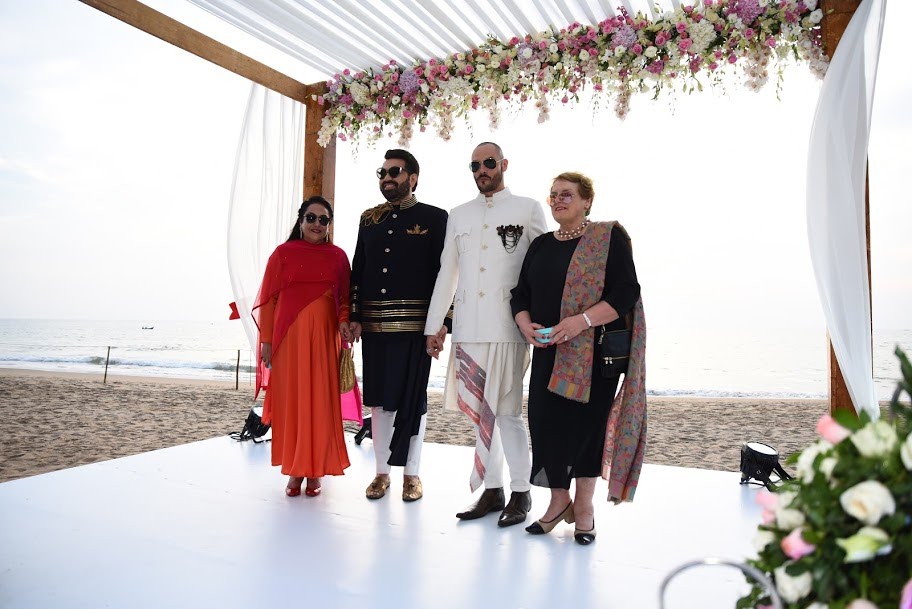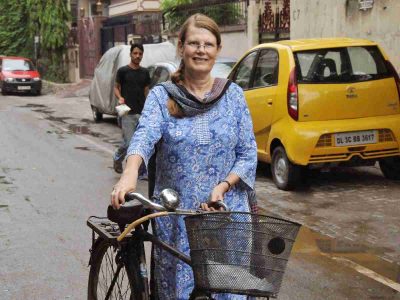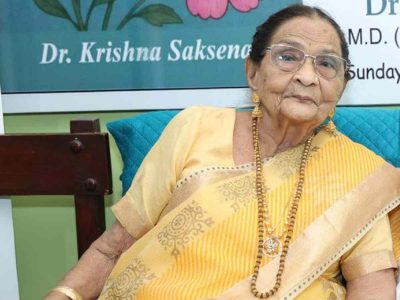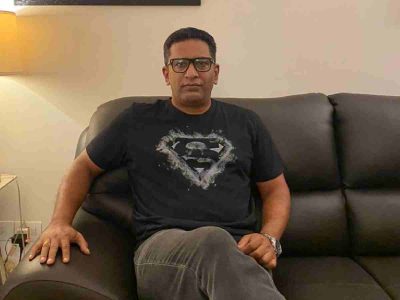Patriot spoke to hotelier Keshav Suri on the LGBTQ community, his petition to the SC, his marriage, societal attitude, corporate sector’s inclusion and his drag performance with his mother
This year has been a life changing year for the LGBTQ community in India. How do you see it?
I feel fantastic. It’s the year the LGBTQ community got freedom. I’m also a little apprehensive that we are now going to have to fight for equality. It’s like how the country gained independence in 1947. As a community we got our independence this year. It will probably be the first New Year’s we will ever celebrate with full acceptance of our sexuality.
What is the next step for the community’s rights in India?
For now, it’s quite simple, we’ve been decriminalised. At least the courts have accepted. The court has itself paved a way for the community. There are many wins to be won. Surrogacy, insurance, inheritance, civil unions and at the later stage, as it happened with the rest of the world— marriage equality. There’s also adoption, having children. Visitation in the hospital is also needed, if one partner fells sick, then the other should be allowed to visit him in the hospital.
How hard was it to file the petition in the Supreme Court?
It’s a 20-year-old battle. It’s been going for a very long time. It should be answered by the people who were fighting the battle for many years, someone like Anjali Gopalan of Naz Foundation. I filed my petition in April and then the judgement came out in September. But having said that, it was hard for me to file my petition. I was out to my own company and to my family for the last 10 years. I started hiring people from the community. Tied up with the UN. Gave medical insurance to same sex couples, covered transitions, transgender people, so I did a lot of work in my own company. Filing the petition was hard on a personal level too, especially my husband is not Indian, he’s French, he’s very private. So, a little bit of battle as to how to get ourselves out there, but once we were out there, it was just amazing. If I wouldn’t have done this, I would’ve been very guilty, and thought myself later, that why wasn’t I part of this movement.
How much difference does it make to you knowing that your marriage is not legally recognised here in India?
It makes a huge difference not to me, but to my husband. Is it fair that I have more rights in France than he does in a country he chose to live in which is India? It is very basic. In a democratic country, every voice matters. Whether it’s a minority or a majority. Why is it fair that I have more rights in France because he is French and there marriage equality was recognised five years ago. We’ve been told just now that we longer are criminals. What happens after that?
Do you think the society has accepted the Supreme Court’s decision yet?
See, the problem with Section 377 was that it could be used as a harassment tool to actually sexually abuse and harass people from the gay community. Be it by the cops or by the people in the authorities. It would also be used as an excuse by India Inc. to not have inclusive and diverse policies. To not give medical insurance, to not hire people from the transgender community. It gave the power to homophobic, transphobic, biphobic people that the court and the law is on homophobic people’s side.
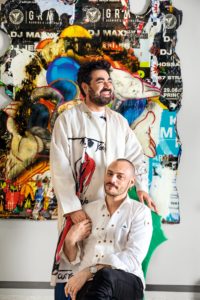
This is the first time that if tomorrow, somebody’s being harassed or bullied, they can finally say that do not make fun of me because of my sexuality as the courts themselves have said that “hey it’s okay to be gay.” So, I think it’s very important to know that the biggest court in the country is on your side. I think it’s very important for every citizen of this country.
It’s a 1.3 billion population, things don’t change overnight. But I do think that it’s important that the corporate India, which has roots in a lot of rural areas where society can change, including me, where I have hotels in part of India where I have bigger companies, and they’re the ones who have really been at the forefront to also talk about change.
Even if you make a change with a handful of people, it takes a village, right. So, I think it’s upon us now. Two of my drag kings and queens are actually on TV. One was on Sa Re Ga Ma Pa, and the other is on India’s Got Talent, so they’re breaking stereotypes of what the LGBTQ community is about. So, give it a time, it will change.
Do you think there’s a change in the corporate sector now?
Of course, immediately when Section 377 verdict came out we had everyone including Indigo in rainbow flag. And putting a message like — We are non-discriminatory. I’m saying join the movement, but go beyond the rainbow flag. I’m saying take inclusion to the next level. The Lalit has done it. We’ve been doing it for years, we’ve hired people from the trans community, I will one day end up having a general manager who’ll be a transperson, sitting on the board. I’m on the board, I’m openly gay.
Godrej has been doing it for years, Parmesh Sahani and Godrej India Culture Lab have launched a trans manifesto where they have featured The Lalit, because we have worked with over 35 trans people. Whether it has been artists, dancers, sex workers. So, there’s a case study on The Lalit in this trans manifesto.
Recently, you did a drag performance, that too with your mother. Tell us more about that.
Basically, it was our wedding reception in Goa. We got married in a very private ceremony in Paris with my immediate and family and my husband’s and we decided then only that we will do an Indian celebration.
In the Indian reception on the last night, we gave threw a drag extravaganza: Bollywood vs Hollywood. I had been working on my look for a while. I wanted to do like a Joan Collins, very dynasty shoulder pads. I wanted a very particular kind of gown, it was made by Designer Gaurav Gupta, he’s a very close friend. In every Indian wedding reception there’s a customary Bollywood dance with the family.
The night before were the performances by the French, my husband surprised me with a song ‘Somewhere Only We Know’ which he also played when he proposed to me.
At first, this was supposed to be my sisters, cousins and friends dancing. While we were watching, and then the Master Ji said you could also dance, and then I grabbed my mom and I said I would only dance with you. We danced on ‘Kaisi Paheli Zindagani’ from the movie Parineeta. And what a better way to launch my drag avatar? I don’t think anything would’ve been more special than having you dance with your mother while you’re full drag. To have a mother who stands for that and respect that is special.
There are a lot of gay men within the LGBTQ community who are obsessed with toxic masculinity. Who have a certain stereotype of what a gay man should look like. How he should have six-pack abs, his body is very important. So, even for my husband to see me in drag, it takes a big man to do that. There are a lot of people who would not like that. He still says he loves me, and still said that he wanted to consummate our marriage while I was in drag is a lot.

